Citi Bike to launch joint bike share program in Hoboken and Jersey City
Get the details
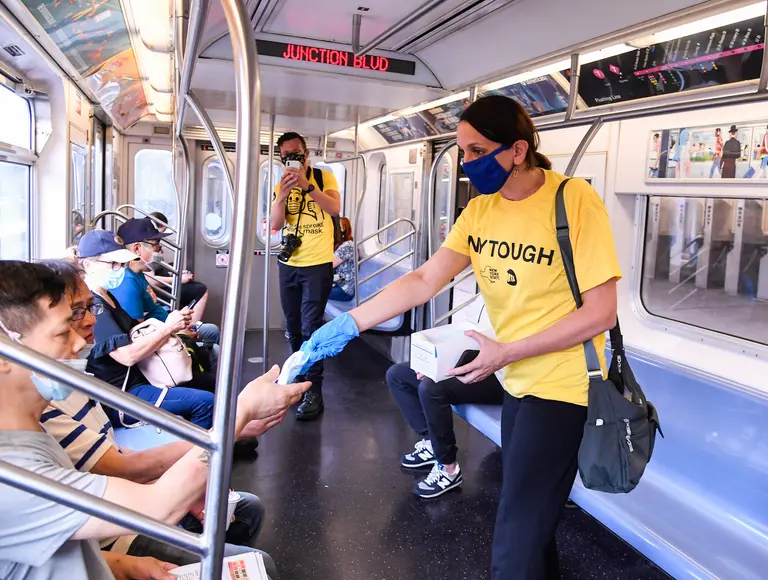
Sally Librera, Senior Vice President of Subways, distributing free face masks to transit customers on July 23; Photo: Marc A. Hermann / MTA New York City Transit on Flickr
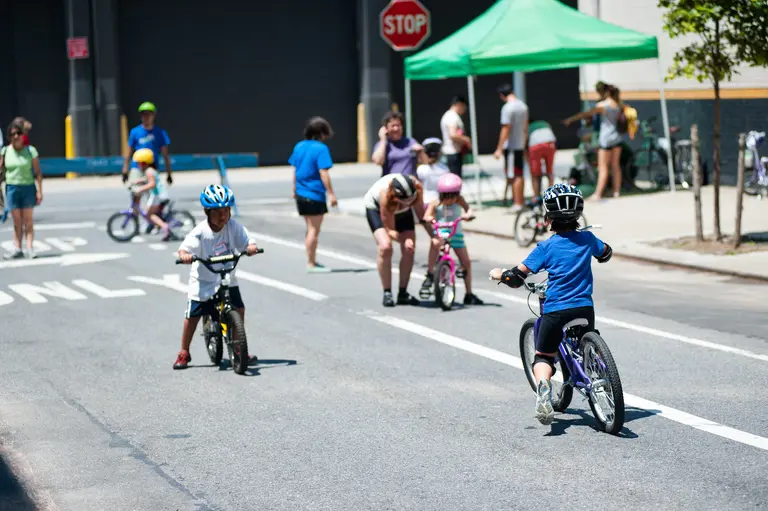
Photo courtesy of city’s Department of Transportation on Flickr
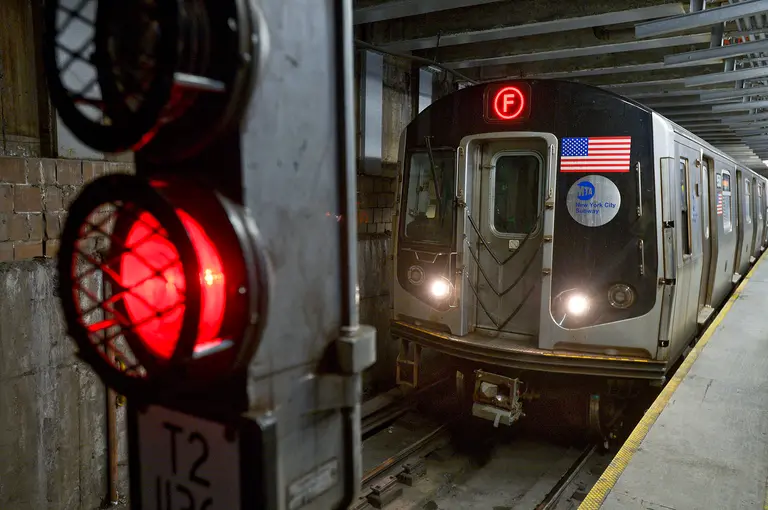
Photo by Patrick Cashin courtesy of MTA via Flickr
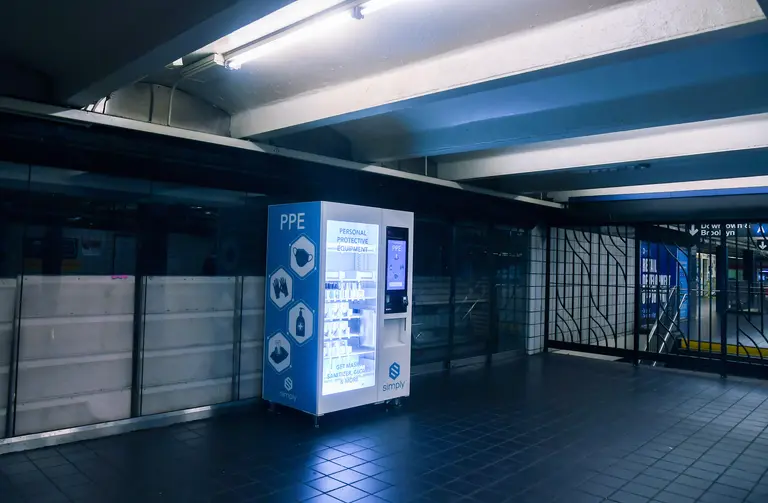
All photos: Marc Herman / MTA NYC Transit on Flickr
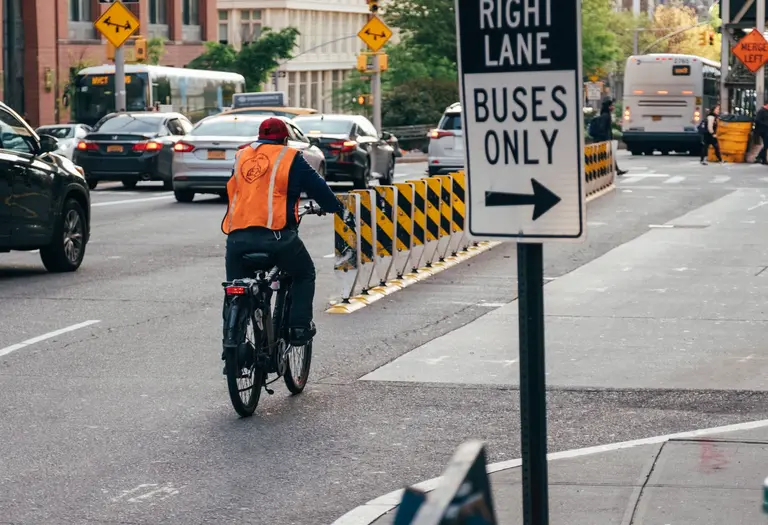
Photo by Thomas Loizeau on Unsplash
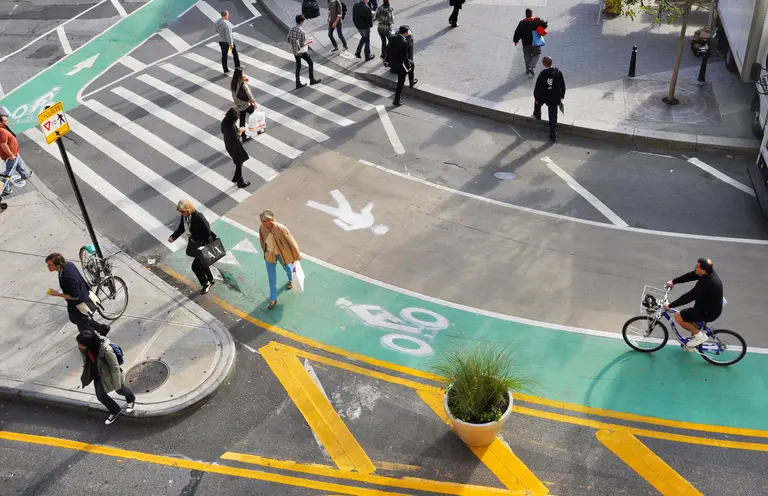
Current bike lanes by Union Square; Photo courtesy of the NYC Department of Transportation on Flickr
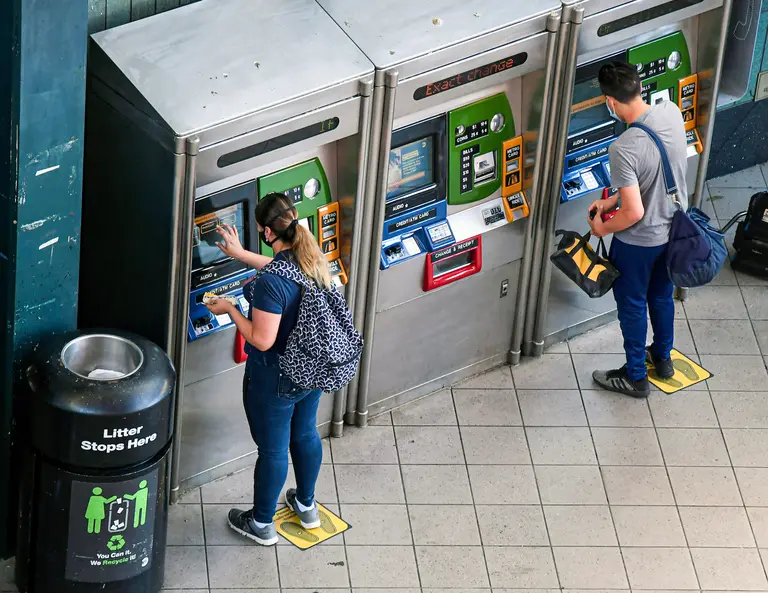
Day one at Jackson Heights-Roosevelt Ave Station; Marc A. Hermann / MTA New York City Transit on Flickr
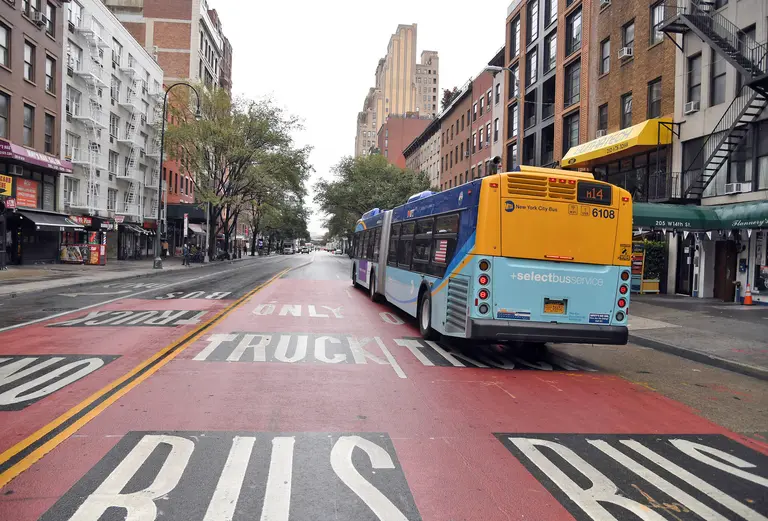
14th Street Busway; Photo: Marc A. Hermann / MTA New York City Transit on Flickr
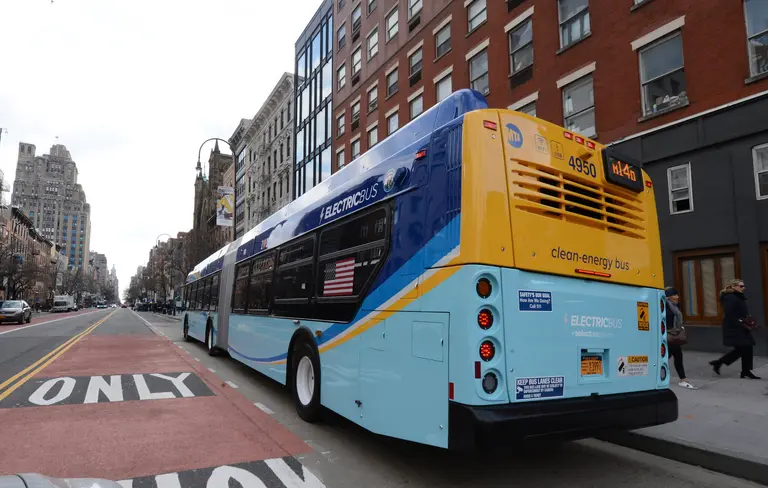
Photo by Marc A. Hermann / MTA New York City Transit on Flickr
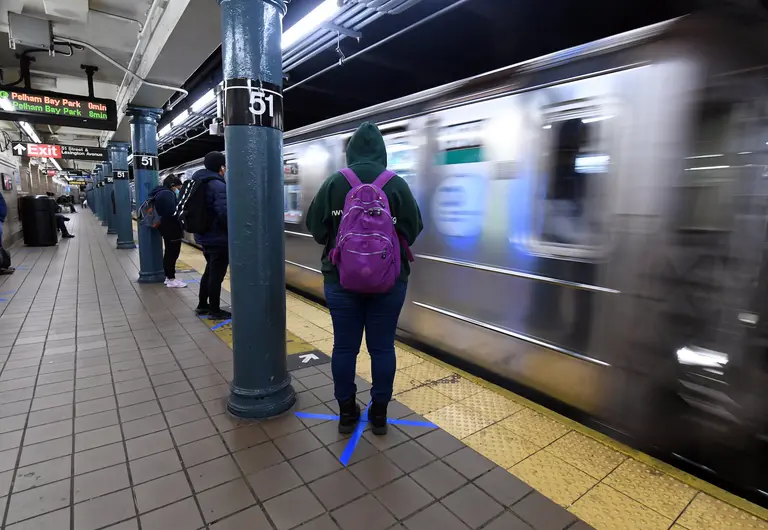
Photo: Marc A. Hermann / MTA New York City Transit on Flickr
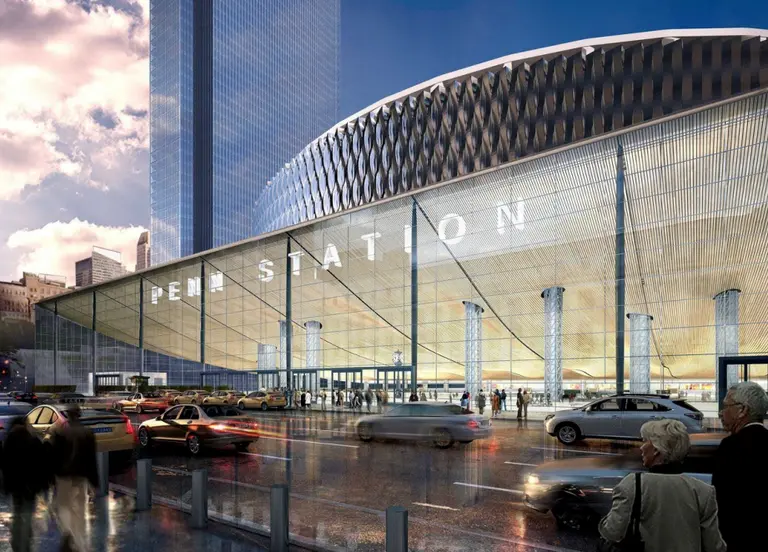
Rendering of a new entrance on 8th Avenue to Penn Station, part of the Empire Station Complex via Gov. Andrew Cuomo’s office
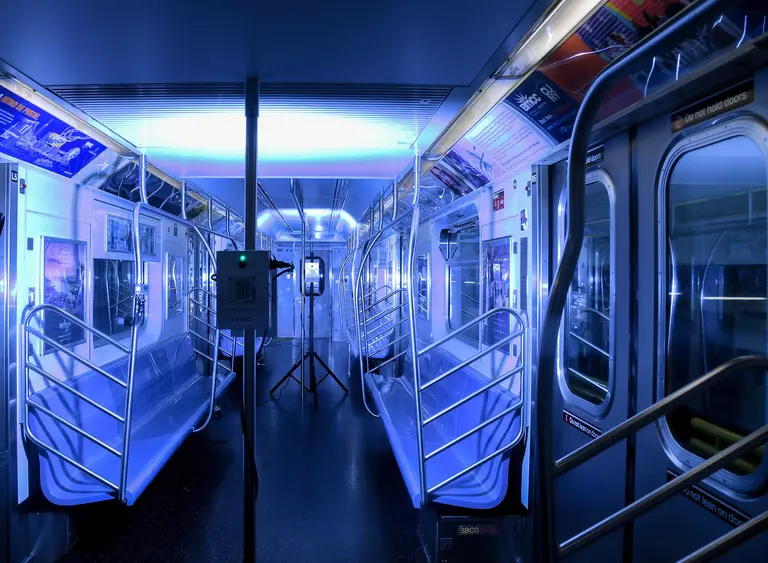
Demonstration of UV disinfection technology at Corona Maintenace Facility; Photo Marc A. Hermann / MTA New York City Transit on Flickr
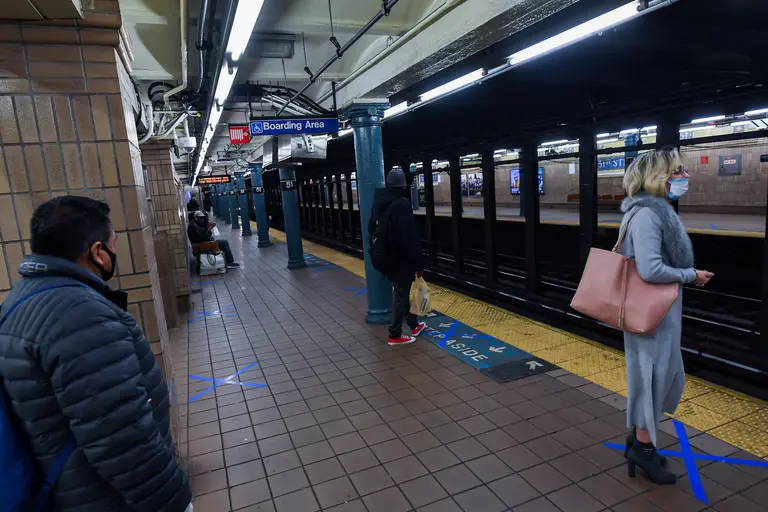
Photo: Marc A. Hermann / MTA New York City Transit on Flickr